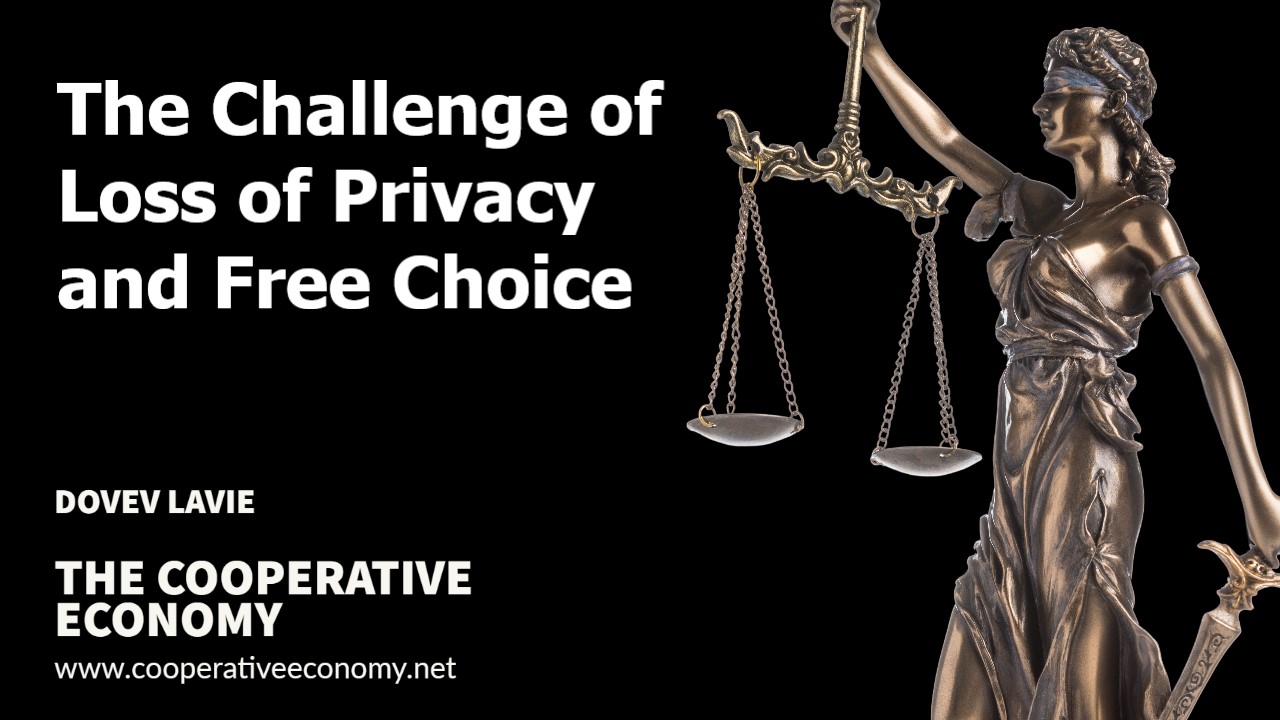
Consumers pay the platform owners for their free services with personal data, which is analyzed, dissected, and reconstructed using advanced algorithms, machine learning, and artificial intelligence that is occasionally unintelligent and biased. The purpose is not only to predict consumer behavior, but to guide or misguide it as per the profit-making interest of the platform owner. In this process, algorithmic consumers economize on effort but lose their free choice.
This observation concerns not only the purchasing of products based on recommendations but also the shaping of political views and discourse. Private information is collected and integrated across numerous websites, content is analyzed, and soon emotions and facial gestures will be studied too, making us vulnerable to manipulation and psychological harm. Some claim that the Big Tech firms have established surveillance capitalism to sophisticatedly monetize our eyeball movements. In this process, algorithms set the tone and humans follow. The Cambridge Analytica scandal may be the most notorious case but is not an isolated event.
Recent legislation in Europe seeks to protect users’ data and ensure privacy, but it places a greater burden on small businesses, thus reinforcing the grip of platform owners. Enforcement has concentrated on the observable rather than important violations, with negligible penalties. In the United States, lobbyists have been successful in preventing or delaying protective regulation. In fact, platform owners have used recent data protection and privacy laws to augment their competitive advantage relative to their competitors and vendors. Automated algorithms have served not only to manipulate users but also to deceive antitrust enforcement, which cannot prove the malicious intent of software code. Hence, data privacy and free choice have been compromised.
It is time to consider a new approach to cope with the loss of privacy and free choice. I discuss such an approach in my book The Cooperative Economy (Routledge, 2023). For more information visit www.cooperativeeconomy.net.

